Want to remember legal concepts like a pro and retain them all the way till exam day? ⚖️ You’re in the right place! Judiciary prep doesn’t have to feel overwhelming; especially when you tap into smart, science-backed techniques.
Two of the most powerful strategies to boost your memory and understanding are Active Recall and Spaced Repetition. Active Recall trains your brain to retrieve information without prompts, while Spaced Repetition helps lock in what you’ve learned by revisiting it at strategic intervals.
🧾 What’s the Forgetting Curve?
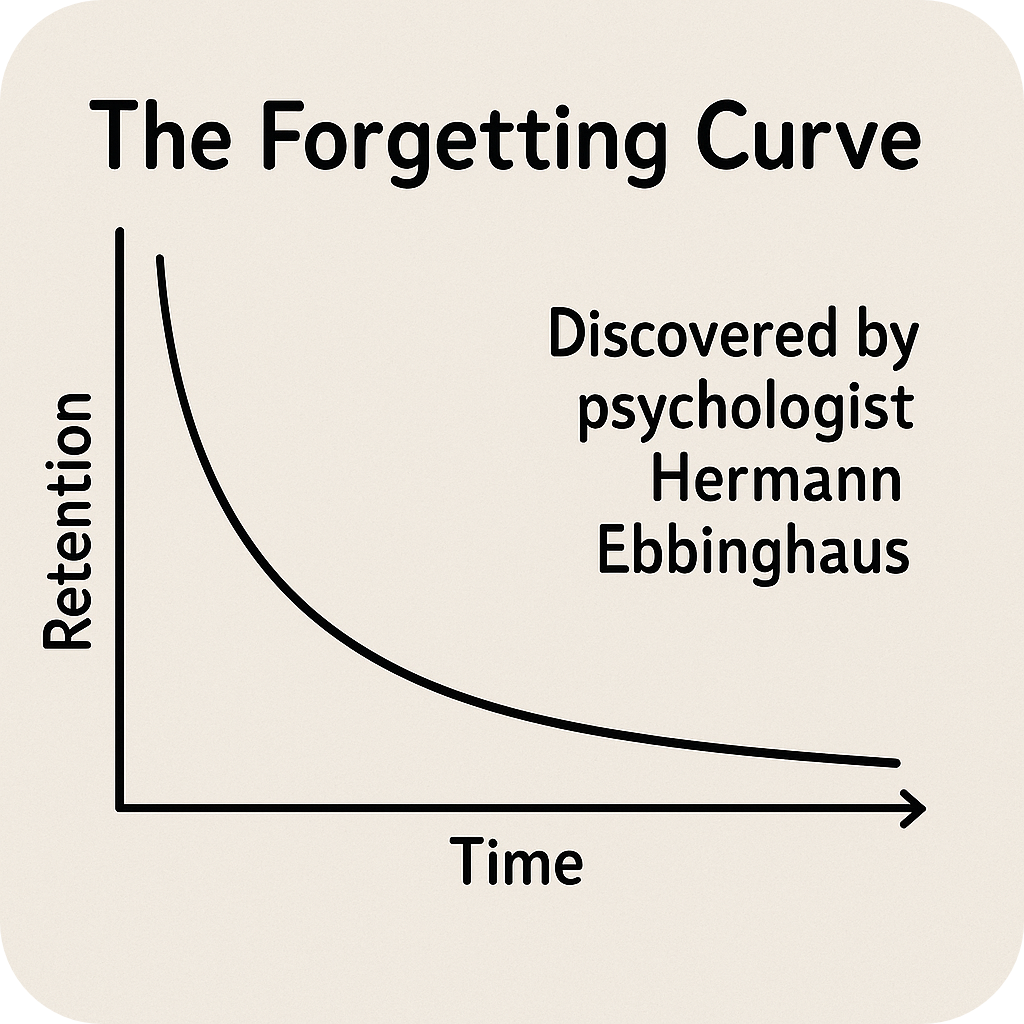
Imagine this:
You study something today, and by tomorrow, half of it is gone from your brain!
That’s the Forgetting Curve, discovered by psychologist Hermann Ebbinghaus. It shows how quickly we forget info if we don’t review or use it. This happens because our brains are wired to let go of unused info, unless we reinforce those memory pathways.
So, how do we beat this curve?
Let’s talk strategy💡
Spaced Repetition: Study Smarter, Not Harder

Spaced repetition means reviewing information at increasing intervals, like today, in 2 days, in a week, then again in 2 weeks.
- It helps your brain consolidate information over time
- Fights against forgetting by reviewing just before you forget
Tools like Anki or Notion’s spaced repetition templates make this super easy!
Active Recall: Test Yourself to Success
No more passive reading! Active recall is all about pulling answers from your brain.
🔹Quiz yourself.
🔹Use flashcards.
🔹Teach someone else.
Every time you recall info, you’re strengthening those neural pathways; making it stick for the long run.
Practical Memory Tips for Judiciary Aspirants
Let’s blend theory with action! Here’s how to make active recall and spaced repetition work for you, with a little help from Edzorb:
1. Make Your Own Question Bank
After reading a topic, create questions from it. Edzorb offers a structured question bank that helps you practice regularly for better retention.
2. Review Notes Regularly
Set daily or weekly time to revisit your notes. Use colors, highlights & summaries. For more organized revision, Edzorb has notes that simplify complex legal content!
3. Use Mnemonics
Turn complex legal terms into fun acronyms or rhymes. Ex: “IRAC” – Issue, Rule, Application, Conclusion. Edzorb helps you with mnemonics to make remembering easier!
4. Take Practice Tests
Mock tests = golden. Edzorb provides structured MCQs that mimic real exam conditions, so you can check what you know and what needs work.
5. Connect New Info to Old Knowledge
Make links between legal principles. Think like a storyteller 🕵️ context boosts recall! Edzorb helps you build this connection through consistent, well-organized content.
6. Teach or Talk it Out
Explaining a concept aloud is a powerful way to test your understanding. Use Edzorb’s discussion forums and peer groups to discuss topics and share insights.
7. Use Visual Aids
Mind maps, flowcharts, and diagrams are great for visual learners. With Edzorb, you get access to easy-to-understand visual study materials to enhance your learning!
8. Take Breaks
Follow the Pomodoro Technique; 45 min study, 10 min break. Your brain will thank you. Make your breaks more effective by using Edzorb’s progress tracker to monitor your study habits.
9. Revise Frequently
Mark topics for revision in your calendar🗓️ With Edzorb, you can easily schedule and track your revisions for consistent progress.
10. Focus on Tricky Topics First
Spend more time recalling what’s hardest. That’s where the growth happens! Edzorb’s tailored study plan helps you target those challenging areas and conquer them!
Stay ahead in your preparation with Edzorb; your trusted partner in judiciary exam success 🌟
Final Thought: Make These Habits Stick

Using active recall + spaced repetition isn’t just a study technique; it’s a lifestyle upgrade for judiciary aspirants.
🔹Better memory
🔹Sharper understanding
🔹Higher confidence during exams
🔘 Ready to Level Up?
Start small. Pick one subject. “Success is the sum of small efforts, repeated day in and day out.” – Robert Collier
Apply these techniques for a week, and see the difference with Edzorb Law 🚀

 Podcast
Podcast
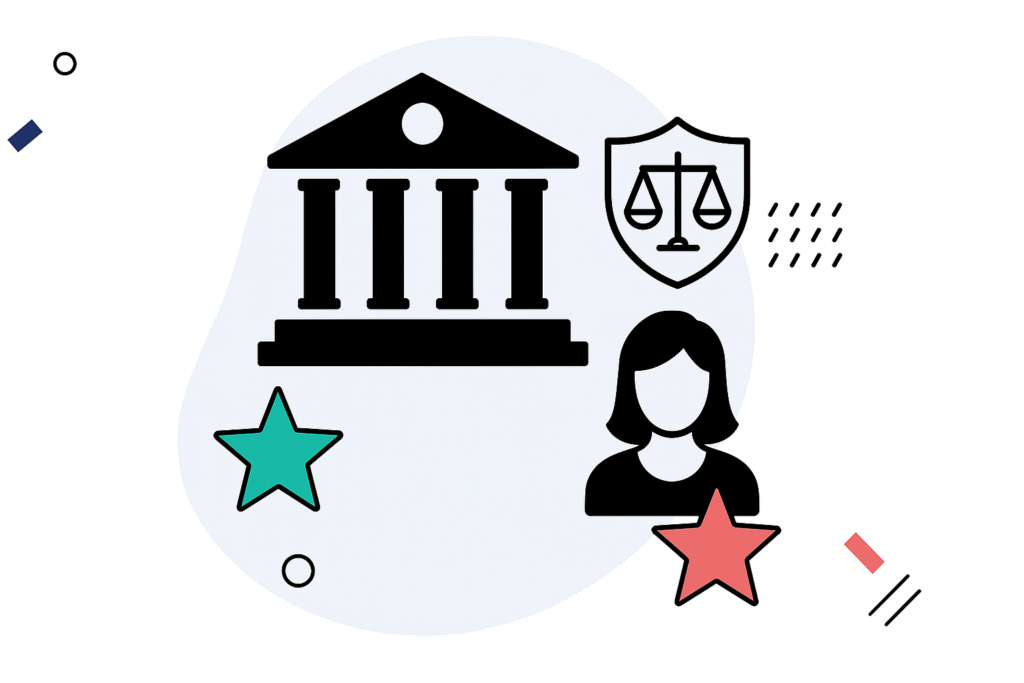
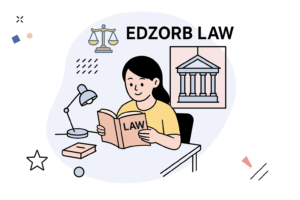
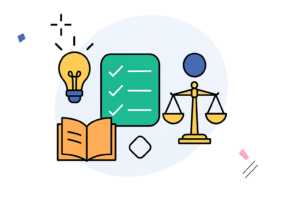
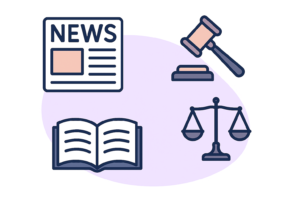




 Features
Features






